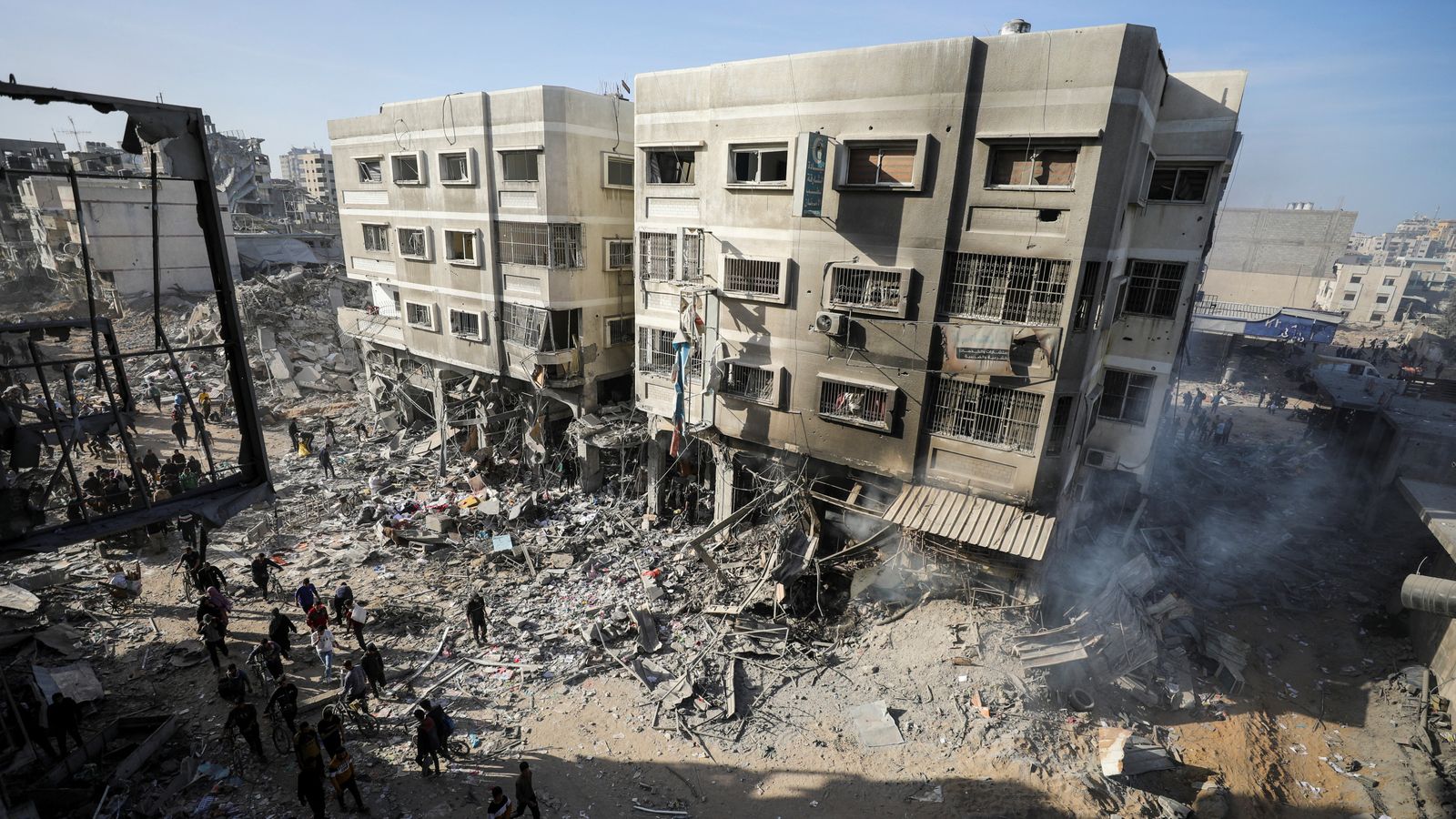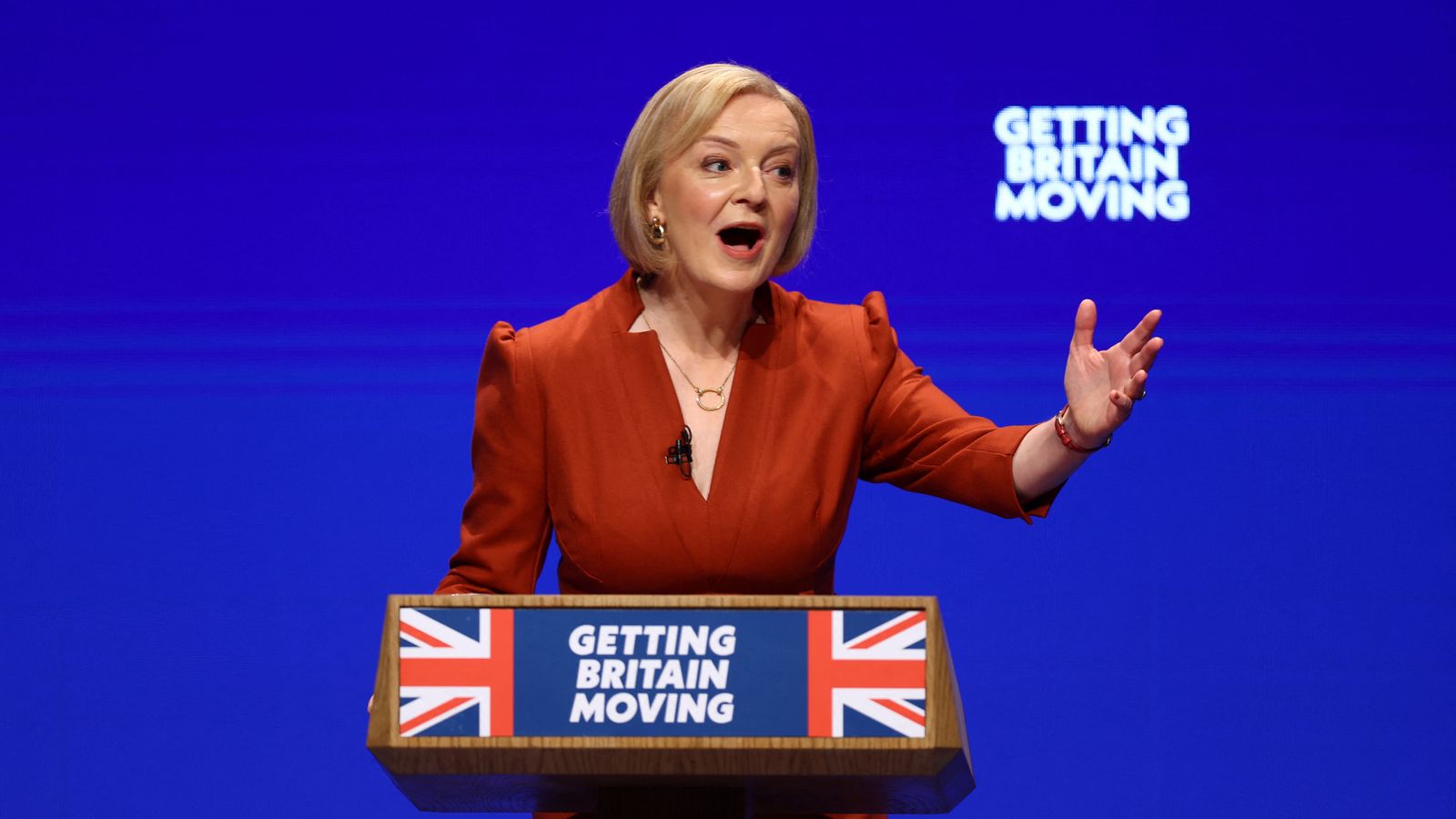Boris Johnson has vowed a further crackdown on oligarchs and the super-rich by promising to curb their abuse of the UK legal system to stifle public criticism.
The prime minister has called for an end to the “chilling effect” of elites using the threat of legal action to silence critics.
Ministers will take aim at so-called Strategic Lawsuits Against Public Participation (SLAPPs), which are initiated by powerful individuals or businesses as a means of quietening dissenting voices.
A fresh focus has been thrown on the issue as the government seeks to take on Russian oligarchs with links to Vladimir Putin’s regime, in the wake of his barbaric assault on Ukraine.
What are SLAPPs?
Although SLAPPs have not solely been used by Russians, a group of MPs this week heard how a string of Kremlin-linked billionaires made an “unprecedented” number of legal claims following the publication of a book titled Putin’s People.
The author, Catherine Belton, a former Moscow correspondent for the Financial Times, described how a series of oligarchs and businesses filed claims in quick succession nearly a year after publication of her work.
These were Roman Abramovich, the owner of Chelsea FC, Mikhail Fridman, the owner of one of Russia’s largest private banks, Petr Aven, the former head of Alfa-Bank, Alisher Usmanov, a former investor in Arsenal FC, Rosneft, the Russian state-controlled oil and gas giant, and an unnamed Russian billionaire.
Mr Abramovich, Mr Fridman, Mr Aven and Mr Usmanov have all recently been sanctioned by the UK following Russia’s invasion of Ukraine.
In a House of Commons debate earlier this year, former Cabinet minister David Davis described how SLAPPs were aimed at “shutting down scrutiny through fear”.
He told MPs how those with “exceptionally deep pockets and exceptionally questionable ethics” were using such “lawfare” to “threaten, intimidate and put the fear of God into British journalists, citizens, officials and media organisations”.
Ministers fear the purpose of SLAPPs is often to suppress publications without a case ever coming to court and being reported.
What action is being suggested?
Deputy prime minister Dominic Raab, who is also justice secretary, will on Thursday set out proposals to clamp down on their use.
The Ministry of Justice will seek views on measures such as amending UK defamation law to strengthen the “public interest defence”, which protects people who publish private information against being sued if it was done for the public good.
The department said other action could include capping the costs that claimants can recover – with the aim of stopping the super-rich from “weaponising” the high cost of litigation; or the introduction of a specific requirement for claimants to prove “actual malice” by a defendant in libel cases, in order to deter spurious claims.
Courts could also be enabled to throw out claims using SLAPPs tactics earlier in proceedings, or to impose civil restraint orders to prevent people from bringing repeated legal challenges.
PM ‘determined’ to defend free press
The PM said: “The ability of a free press to hold the powerful to account is fundamental to our democracy and as a former journalist I am determined we must never allow criticism to be silenced.
“For the oligarchs and super-rich who can afford these sky-high costs the threat of legal action has become a new kind of lawfare. We must put a stop to its chilling effect.”
A government consultation on possible measures will run until 19 May, after which ministers will announce what reforms it will push ahead with.
Mr Raab said: “The government will not tolerate Russian oligarchs and other corrupt elites abusing British courts to muzzle those who shine a light on their wrongdoing.
“We’re taking action to put an end to this bullying and protect our free press.”



